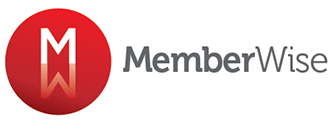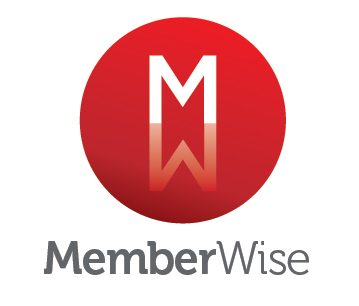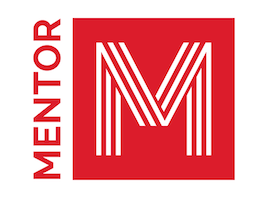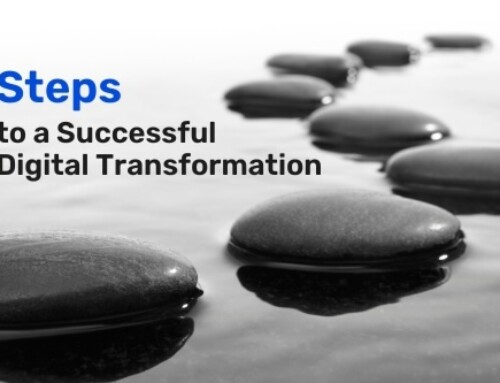Membership organisations encounter numerous challenges in striving to deliver optimal user experience across a diverse range of individuals and groups.
Striking the right balance involves delivering content and experiences that foster a sense of belonging among members, while also catering to the varied needs and preferences of each individual. Effective personalisation of content, based on prior engagement, is the key to achieving this balance.
Let’s explore the significance of personalisation for membership organisation websites and explain why having a flexible and adaptable CMS in place is critical in enabling the delivery of personalised experiences to members.
Make it Personal
At the core of membership organisations lies the desire to cultivate a profound sense of belonging among their members. Personalisation, the art of tailoring experiences to meet individual preferences and needs, epitomises this ethos. Here’s why it’s crucial:
1.Heightened Engagement: Customised content and services resonate deeply with members, fostering sustained engagement with the organisation.
2. Improved Retention: Personalised experiences forge stronger bonds, leading to greater member loyalty and retention rates.
3. Enhanced Conversion: Tailored content and offers increase the likelihood of converting prospective members into paying ones.
4. Informed Decision-Making: Personalisation thrives on data insights, empowering organisations to make informed decisions and refine strategies continually.
CMS Considerations for Membership Websites
Now that we’ve established the significance of personalisation, let’s explore the considerations that membership organisations should take into account when selecting a content management system:
1. Open-Source Flexibility: Open-source content management systems (CMS) have the key benefit of offering flexibility and scalability. As such, by selecting an open-source CMS membership organisations can benefit from extensive customisation options for their websites to cater to the unique needs of their members.
2. Seamless Content Management: The CMS needs to be easy to use and free from friction to promote a seamless content management process. User-friendly interfaces promote streamlined content management, facilitating the efficient creation and publication of personalised content, and enable the easy tailoring of content for the various member segments within your target audience. Make sure that before selecting a CMS you have seen a demonstration of the user interface, or better still, have had a free trial to see how it works in practice.
3. Comprehensive Member Data Integration: Delivering personalisation will most likely require integration with your membership CRM systems and potentially additional third-party tools through APIs. This integration empowers organisations to effectively collect and leverage member data for personalised experiences, and therefore the capabilities of a CMS to easily integrate with these platforms should be fully understood before deciding on what option to go for.
4. Personalisation Features: Of course, to deliver personalisation to your members, you’re going to need a CMS that provides the necessary features to enable the triggered delivery of member-specific landing pages, recommendation algorithms, and content filters. An additional feature worth its weight in gold is A/B testing functionality to enable a test and learn approach to the rolling out of personalisation strategies.
5. SEO-Friendly: Whilst the CMS you select won’t in and of itself impact SEO performance, you should ensure it aides content optimisation and creation processes that need to be on point to maximise the organic visibility of your website. Always check what SEO features a CMS offers in terms of the code generated when designing and publishing pages, as this can have implications for the tags and schema that can be applied to your content, which search engines rely upon when understanding what a given page is about.
6. Security and Support: Last but by no means least, you must ensure that a CMS offers robust security features. Additionally, it is advisable to establish the support available for the CMS that you’re considering using. This can come from both the platform themselves or an active Developer community, with the optimal scenario being that both are available as sources of help and advice.
Closing Thoughts
Personalisation represents a massive opportunity for membership organisations to drive engagement with their audience, enabling them to maximise member retention and acquisition. Selecting the right CMS to enable the delivery of personalisation is a crucial decision.
As an Umbraco Gold Partner, explore Mentor Digital’s membership sector portfolio.
Get in touch for a complimentary consultancy session or a demonstration of the Umbraco CMS showcasing its advanced personalisation functionalities.










Leave A Comment